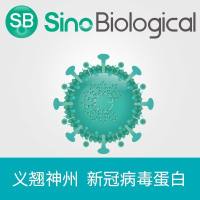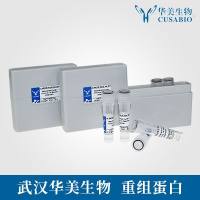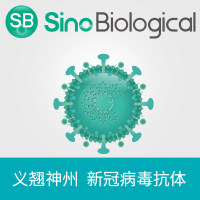Tumor necrosis factor-α (TNF-α) is a cytokine (CK) that possesses a wide variety of biological activities, including potent antitumor activities (1 ) and immunomodulatory properties mediated through its binding to two TNF receptors (p55 and p75) (2 ). Signaling through the p55 receptor is primarily associated with responses such as cytotoxicity (2 ,3 ) and cytokine secretion (4 ) whereas the p75 receptor is responsible for lymphoproliferative signals and the activation of T-cells (5 ). Recently, it has been found that TNF-α has profound effects on dendritic cell (DC) maturation (6 ) and activation (7 ). In addition, it has also been reported to stimulate T-cell proliferation (8 ) and to activate cytotoxic T-cells (9 ). Because its systemic administration was shown to mediate the regression of some mouse tumors (10 ), TNF-α has attracted much attention as a potential antitumor reagent (11 ). However, the problem of its dose-dependent toxicity has been particularly apparent in human trials, wherein its maximal tolerated dose was 40-fold less than that used in mice (12 ,13 ) Systemic administration of TNF-α in treatments of cancer patients has usually resulted in severe and limiting side effects (11 ), whereas more local delivery (e.g., via isolated perfusion to limbs) has been more effective in mediating tumor regression, indicating that antitumor effects are possible if high local concentrations of TNF-α can be obtained (14 ). Therefore, an important issue to be addressed is how to achieve a continuously high local concentration of TNF-α within tumors without inducing severe side effects.






